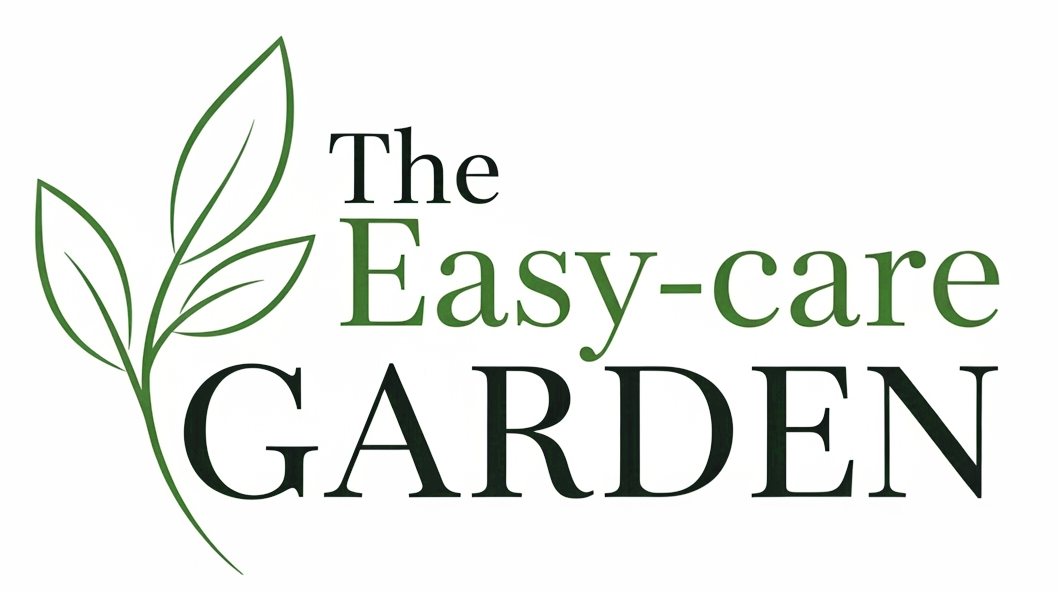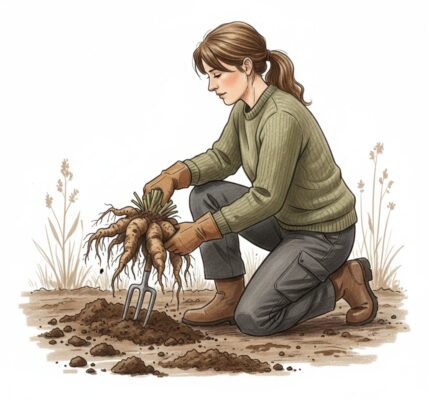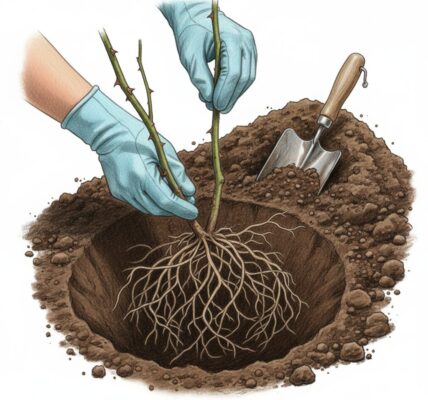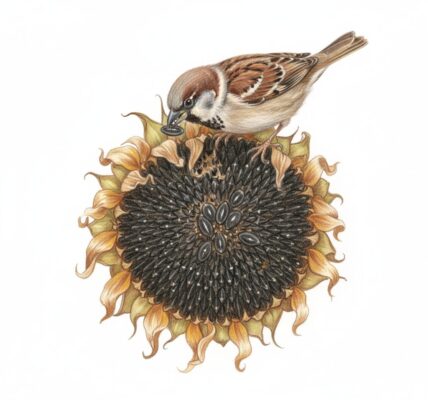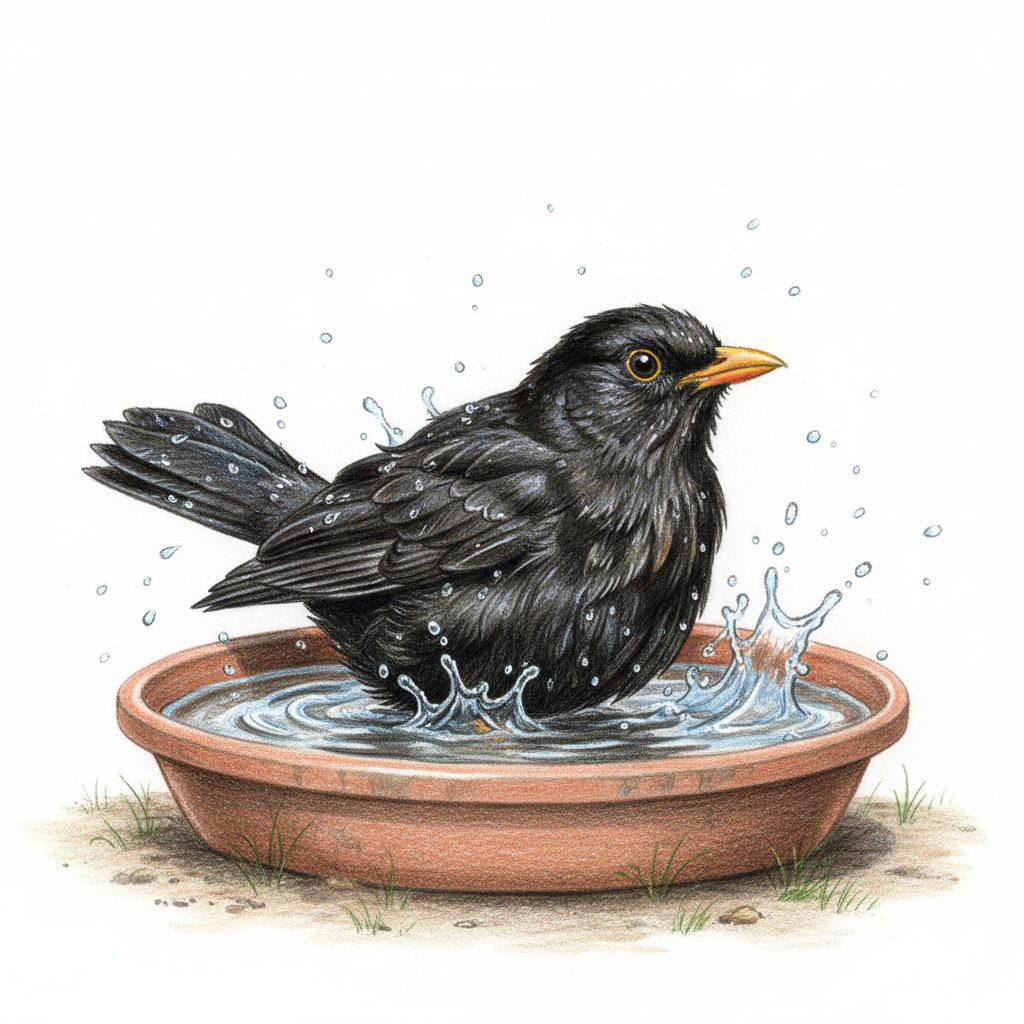
As gardeners, we often focus on plants and soil, but nurturing the wildlife that visits our outdoor spaces is equally rewarding. One of the simplest yet most impactful things you can do to support local bird populations is to leave out containers of fresh water. This seemingly small gesture provides an essential resource for birds, allowing them to both drink and, perhaps more surprisingly, to bathe. It’s a lifeline, particularly during dry spells or frosty conditions when natural water sources can be scarce or frozen solid.
Just like all living creatures, birds need regular access to water for survival. They require it for hydration, especially when their diet consists primarily of seeds, which contain very little moisture. A consistent supply of clean drinking water helps birds maintain their metabolic functions, aid digestion, and even regulate their body temperature. Without it, birds can become dehydrated and vulnerable, especially fledglings and smaller species. A shallow dish, refreshed daily, can make a huge difference to the health of your garden’s feathered visitors.
While drinking is obviously critical, bathing is equally important for a bird’s well-being. Birds don’t just bathe for fun; it’s an essential part of their feather maintenance. Splashing in water helps to dislodge dirt, dust, and parasites from their plumage. After a bath, they will preen, carefully rearranging their feathers and spreading oil from a gland at the base of their tail. This oiling process is vital for keeping their feathers waterproof, insulated, and in good condition for flight. A clean, well-maintained coat is crucial for their survival, particularly in colder weather.
Providing a bird bath or a simple shallow dish of water is beneficial year-round. In summer, it’s a refreshing escape from the heat. In autumn and winter, when puddles dry up or freeze, your water source can be a lifesaver. Ensure the container is shallow enough for small birds, and clean it regularly to prevent the spread of diseases. This small, consistent effort creates a vital habitat resource, turning your garden into a bustling hub for thirsty and preening birds, offering you endless hours of joyful observation in return.
